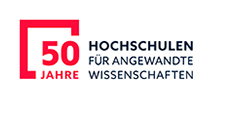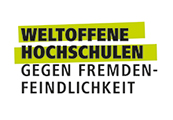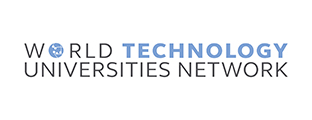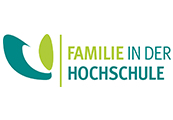Eingebettete Systeme sind heute überall vertreten und erleichtern den Nutzer*innen bestimmte Aufgaben, übernehmen automatisieren Abläufe und Steuerungsaufgaben. Für die Entwicklung solcher Systeme ist eine Entwurfsmethodik aus der Entwurfsschritte und entsprechende Prozesse und Methoden abgeleitet werden. Herausforderungen sind hier Aspekte wie Echtzeit, Safety, Security, Vernetzung und Verifikation.
Labore im Themenfeld Eingebettete Systeme
- Systems Engineering
- Hardware Engineering
- Rapid Prototyping and Simulation Lab
- Milling Lab
- 3D Printing Lab
Projekte im Themenfeld
- Software Platform Embedded Systems (SPES)
- Automotive, Rail and Avionics Multicore Systems (ARAMIS)
- End-to-end quality of service support over heterogeneous networks (EuQoS)
- Advanced infrastructure for pan-European collaborative engineering (E-Colleg)
- Dynamically Self-Configuring Automotive Systems (DySCAS)
- Grundlagen und Verfahren verlustarmer Informationsverarbeitung (VIVA)
- Ubiquitous Networks with a Secure Provision of Services, Access and Content Delivery (UBISEC)
- Ultraschnelle Soc-FPGA-Synthese für die modellgetriebene Funktionsentwicklung (UltraSynth)
- SystemC-Library zur Nutzung von dSPACE-Ressourcen (SysteR)
- Sonderforschungsbereich 614 "Selbstoptimierende Systeme des Maschinenbaus"
- 5G-Landwirtschaft-ML
Projekte in Antragsphase:
- Artificial Intelligence based Internet of Things and edge computing framework applied to Advanced smart Living and smart Environment
- 5G Campus-Netze als Enabler für echtzeitfähiges Lernen in der ökologischen Landwirtschaft
- Driver Intelligent Monitoring System for Autonomous Vehicles (DRIM)
Promotionen
Abgeschlossene Promotionen
- "Multi-formalism in Different Levels of Abstraction for Requirements Engineering and Architectural Design of Real-Time Embedded Systems", Dr. rer. nat. Fabiola Goncalves Coelho Ribeiro, in Kooperation mit der Carl-von-Ossietzky Universität Oldenburg, September 2019
Laufende Promotionen
- Proposal: "Enabling and Supporting Applications for Industry 4.0 with Digital Twin", M.Sc. Charles Steinmetz, in Kooperation mit der Carl-von-Ossietzky Universität Oldenburg
- Proposal: "Functional Safety for Autonomous Driving - Arguing the Safety of Artificial Intelligence or Machine Learning in Automated Driving Systems", M.Sc. Himanshu Agarwal, in Kooperation mit der Carl-von-Ossietzky Universität Oldenburg




